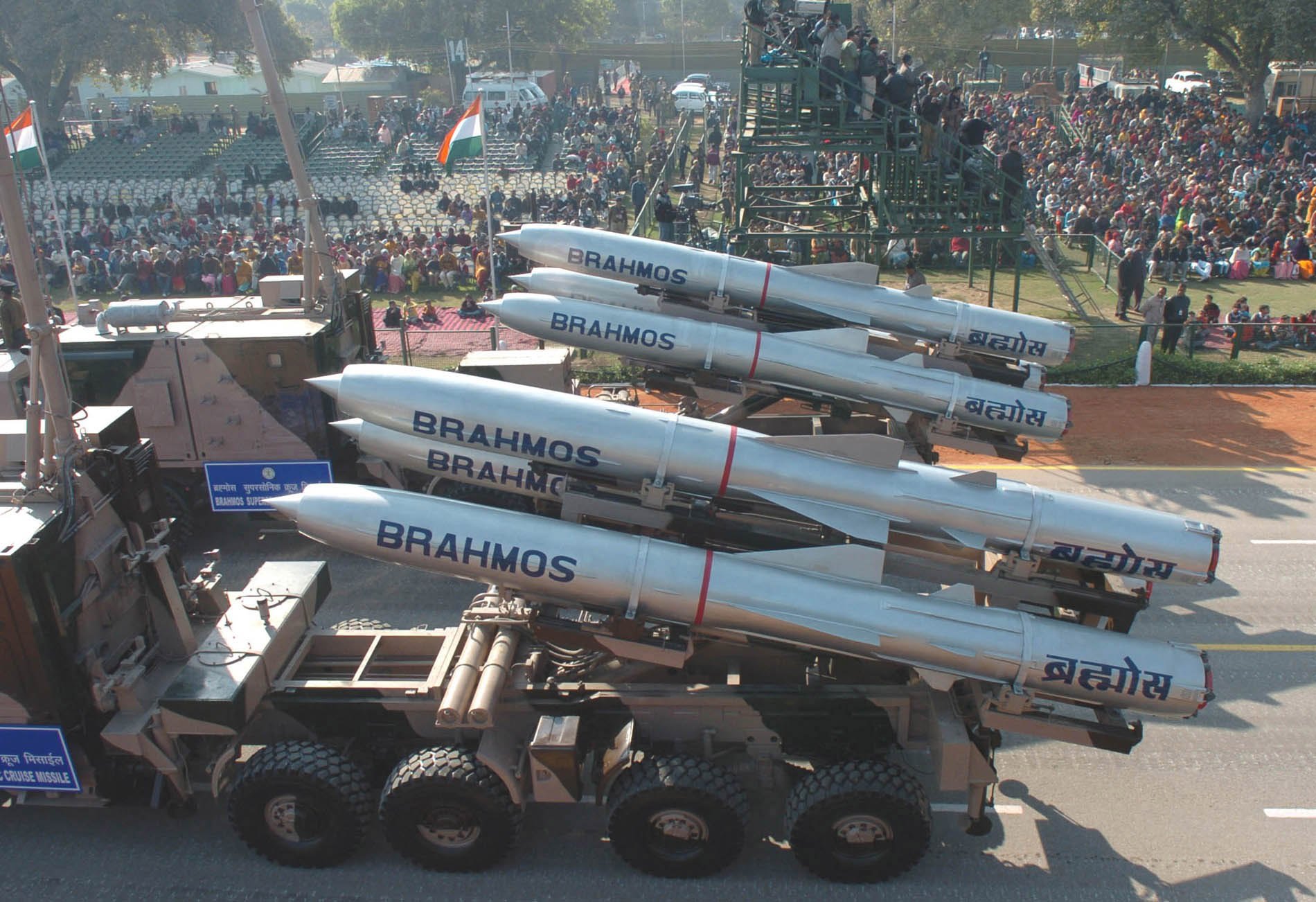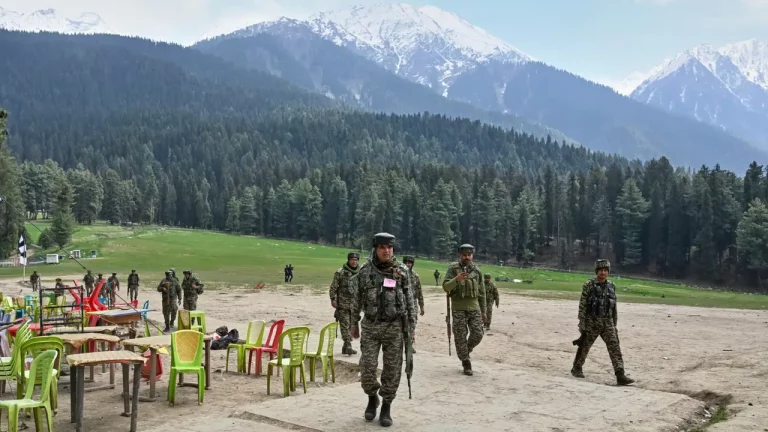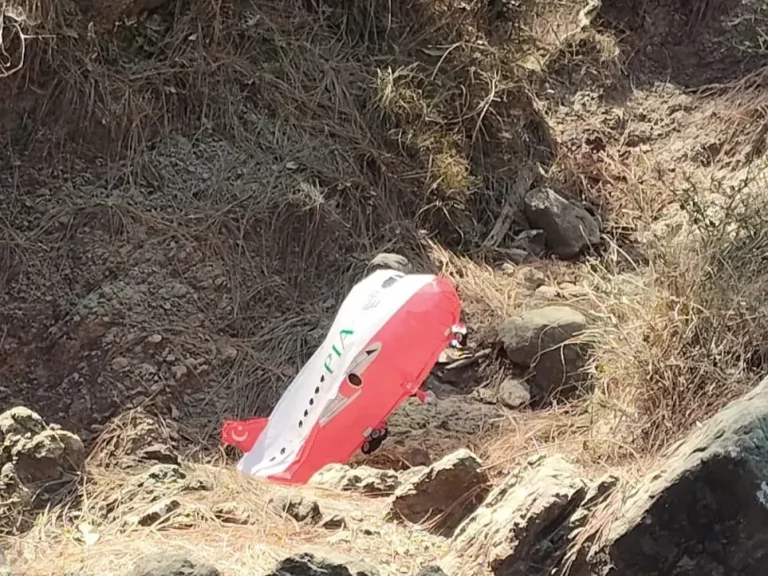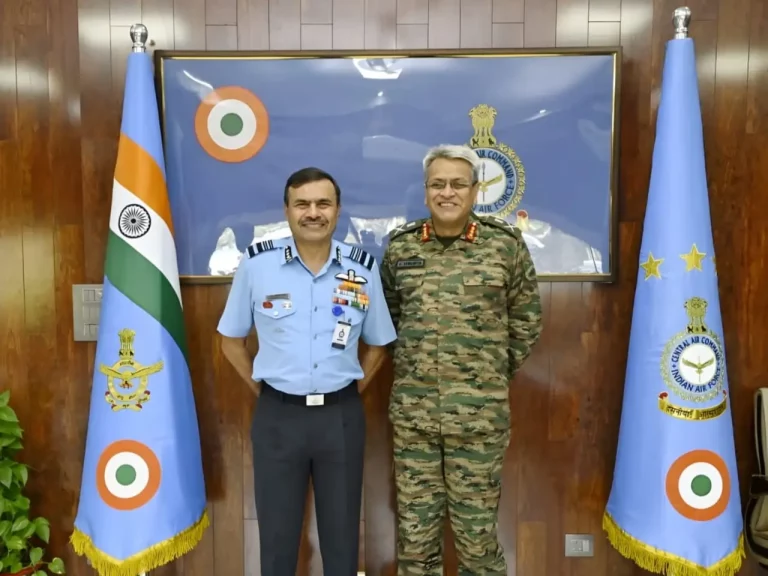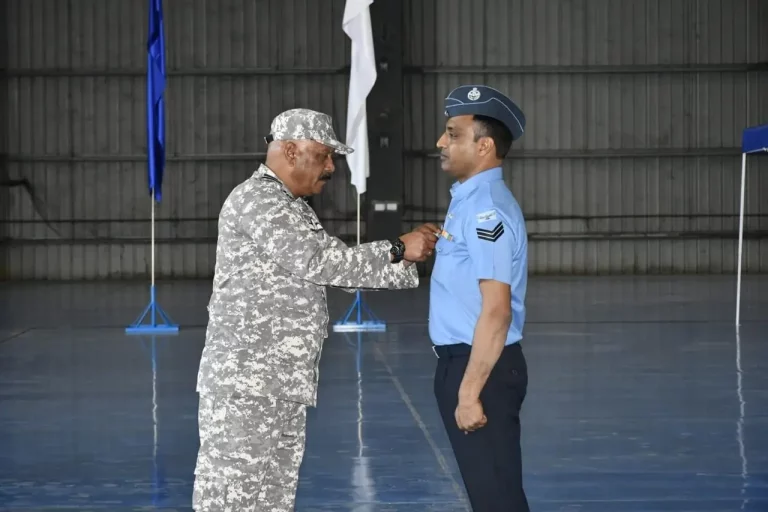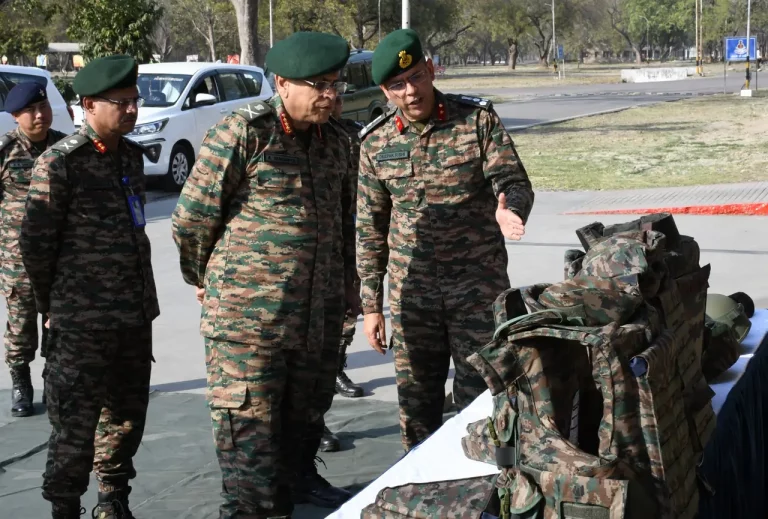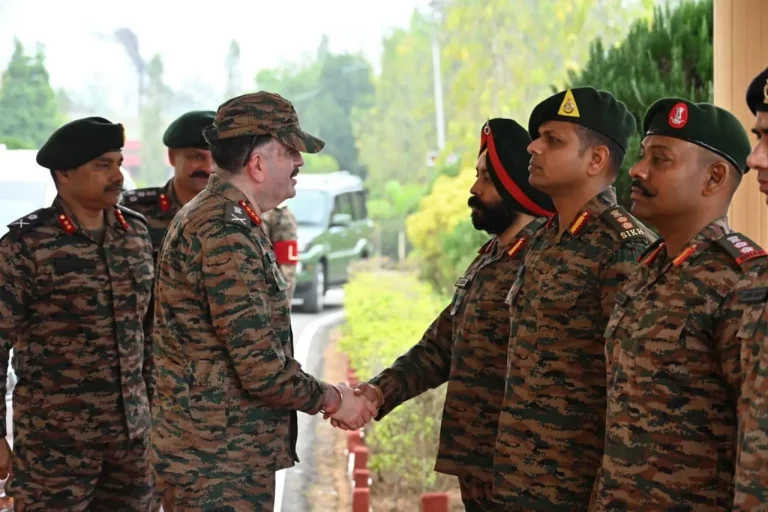South Asia is currently facing a precarious military standoff as India and Pakistan engage in an escalating series of missile strikes targeting each other’s military infrastructure. This dangerous exchange intensified after Pakistan launched deadly missile attacks on Indian territory, prompting India to retaliate late last night with precision BrahMos missiles aimed at multiple Pakistani military bases.
India’s counterstrikes reportedly focused on a dozen key installations, including the strategically vital Skardu and Bholari air bases. This marks one of the most significant retaliatory actions in recent history. Indian officials assert that the strikes were intentional and limited to military targets, such as command centers, radar systems, and weapons depots. They emphasized that all necessary precautions were taken to minimize civilian casualties.
This escalation appears closely tied to a recent militant attack that targeted Indian tourists in Pahalgam, Kashmir—a tragedy that India attributes to terrorist groups operating out of Pakistan, specifically mentioning Jaish-e-Mohammed. While Pakistan denies any involvement, its defense minister has stated that should any state-sponsored attack occur, it would be openly acknowledged rather than carried out covertly.
Pakistan has reported at least 31 deaths and 57 injuries resulting from the Indian missile strikes. Additionally, the Pakistani government claims to have intercepted 25 Indian drones during the offensive, although these claims have not been verified as India has not confirmed or denied any drone losses.
The current situation is part of a troubling pattern in India-Pakistan relations, which have frequently hovered on the brink of open conflict. An incident in 2022 involving the accidental launch of an Indian BrahMos missile into Pakistani territory previously raised alarms about the fragile state of command protocols in the region.
The international response has been swift. U.S. Secretary of State Marco Rubio has engaged in urgent discussions with both Indian External Affairs Minister S. Jaishankar and Pakistani Prime Minister Shehbaz Sharif. Rubio stressed the necessity of diplomatic dialogue and voiced U.S. support for India’s anti-terror efforts while urging both nations to de-escalate the situation.
Countries around the world, particularly those in the UN Security Council, have echoed these calls, advocating for immediate adherence to a ceasefire and a resumed commitment to diplomatic negotiations. Despite a temporary ceasefire being declared just hours ago, reports of widespread power outages in Pakistan’s Punjab province have heightened concerns about the overall stability of the situation.
Military analysts caution that if this cycle of retaliation persists, the region may spiral into a broader conflict with catastrophic consequences, particularly given both nations’ nuclear capabilities. Reports from sources like The Indian Express indicate that India is utilizing advanced loitering munitions and precision-guided drones in its military operations, suggesting a modernized phase of warfare between these historical rivals.
As diplomatic channels work tirelessly to diffuse the crisis, the region and the wider world remain tense, hoping that backchannel negotiations can succeed where military actions have thus far failed in restoring peace.
